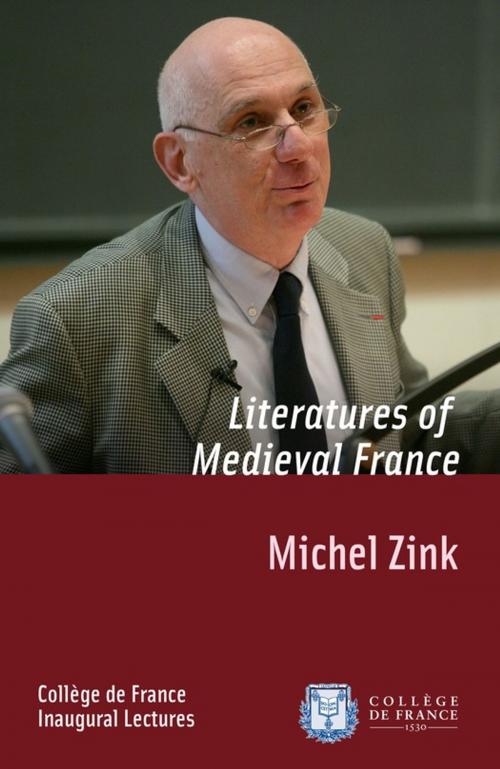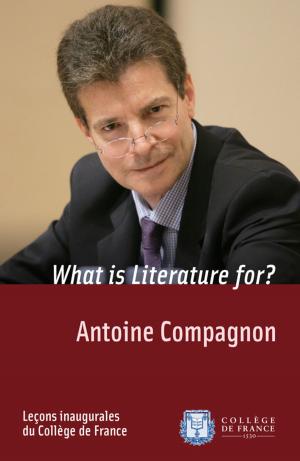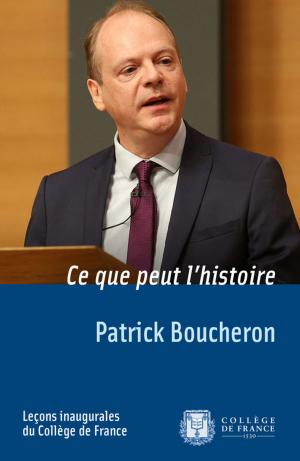Literatures of Medieval France
Inaugural Lecture delivered on Friday 24 March 1995
Fiction & Literature, Literary Theory & Criticism, Medieval, French, European| Author: | Michel Zink | ISBN: | 9782722604391 |
| Publisher: | Collège de France | Publication: | February 13, 2017 |
| Imprint: | Collège de France | Language: | English |
| Author: | Michel Zink |
| ISBN: | 9782722604391 |
| Publisher: | Collège de France |
| Publication: | February 13, 2017 |
| Imprint: | Collège de France |
| Language: | English |
This long tradition would certainly not be a reason in itself to keep or restore the subject, had it not something to do with the subject itself. All of the associations between the past and literature, all of the signs that point towards an essential link between the notion of literature and a feeling for the past, are crystallized in medieval literature. The curiosity that medieval literature has aroused since it was rediscovered at the dawn of Romanticism presupposes such associations. The very forms of this literature bear indications of them. They encourage us to consider jointly the interest of modern times in the medieval past and the signs of the past with which the Middle Ages marked its own literature. Even more, they invite us to seek in the relationship with the past a defining criterion for literature, a most necessary task with reference to a time when words are not understood in their modern sense, and there is no guarantee that a corresponding notion exists. The best reason to continue with this hundred-and-fifty-year-old teaching is that its object may not even exist.
This long tradition would certainly not be a reason in itself to keep or restore the subject, had it not something to do with the subject itself. All of the associations between the past and literature, all of the signs that point towards an essential link between the notion of literature and a feeling for the past, are crystallized in medieval literature. The curiosity that medieval literature has aroused since it was rediscovered at the dawn of Romanticism presupposes such associations. The very forms of this literature bear indications of them. They encourage us to consider jointly the interest of modern times in the medieval past and the signs of the past with which the Middle Ages marked its own literature. Even more, they invite us to seek in the relationship with the past a defining criterion for literature, a most necessary task with reference to a time when words are not understood in their modern sense, and there is no guarantee that a corresponding notion exists. The best reason to continue with this hundred-and-fifty-year-old teaching is that its object may not even exist.















